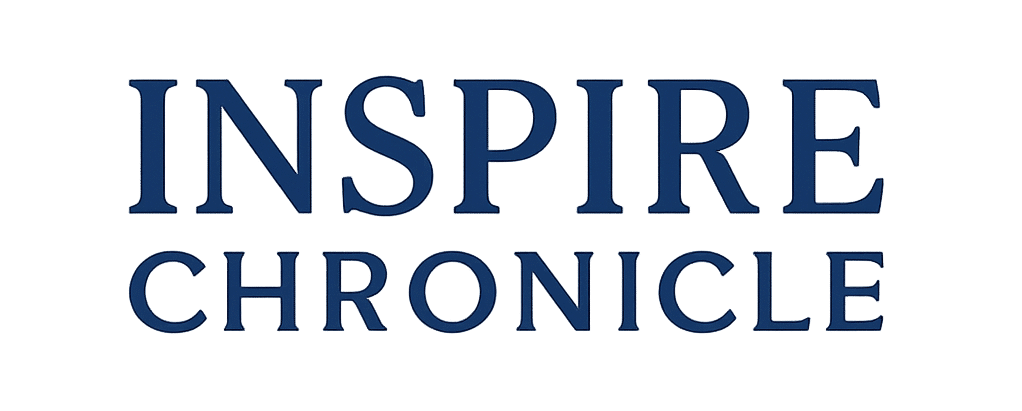A Congressional Hearing Like No Other: How Eric Burleson and Elon Musk Exposed a Political Identity Crisis
It began like any other hearing. Polished desks. Polished statements. Cameras rolling. But as the minutes unfolded, something unexpected happened—something that peeled back layers of political theater to reveal a deeper ideological reckoning. And at the center of it all were two men from very different worlds: Rep. Eric Burleson of Missouri and tech titan Elon Musk.
What followed was not just another soundbite session—it was a striking moment in American politics that sent shockwaves through both parties and left millions of viewers questioning: What happened to the Democratic Party we once knew?
The Setup: An Oversight Hearing with Unexpected Depth
Originally slated to discuss generic concerns about government oversight, the hearing quickly took on a new tone. Burleson, a Republican firebrand known for his direct style, came armed with a historical montage that contrasted past Democratic values with today’s progressive policies.
These weren’t cherry-picked cable clips. They were raw archival moments that painted a sobering timeline: the Democratic Party of JFK versus the Democratic Party of 2024.
JFK’s Legacy vs. Today’s Messaging
Burleson opened with the voice of John F. Kennedy echoing through the chamber:
“Ask not what your country can do for you—ask what you can do for your country.”
He paused. Then, he drew a direct line to present-day politics—suggesting that modern Democratic messaging had flipped the script, casting government not as a shared duty but as a solution to personal hardship.
And then came the contrasts.
On Immigration: A 1990s-era Joe Biden pushing for tougher border security juxtaposed with current party leaders advocating for open borders and amnesty.
On Fiscal Responsibility: Democrats from the 1970s decrying national debt, followed by today’s lawmakers endorsing multi-trillion-dollar spending packages.
On Civil Liberties: Footage of Democrats championing free speech in the 1960s immediately followed by clips of progressives supporting censorship under the banner of combating “misinformation.”
Each comparison painted a picture of a party drifting far from its roots.
Enter Elon Musk: A Warning From Inside the System
Then came an unexpected voice: Elon Musk.
When asked to testify about government-industry relations, Musk didn’t mince words.
“It would be naïve to think decisions are always made for the public good,” he said.
“Oftentimes, policy serves those making it—not the people.”
He went further, referencing the well-documented rise in wealth among long-term members of Congress, and the troubling alignment of their investments with legislative timing.
“It’s not a conspiracy,” Musk added. “It’s just a broken system with misaligned incentives.”
Musk, who has profited from green subsidies, was quick to clarify that he supports renewable innovation—but not permanent government dependence.
“We should build an economy rooted in innovation and merit, not favors.”
The Message Beneath the Headlines
For many watching, the hearing raised questions that extend beyond party lines.
Have our institutions become too intertwined with special interests?
What does it mean when a party abandons its foundational principles?
And is this shift evolution—or erosion?
Burleson labeled it a full identity transformation.
“This isn’t your grandfather’s Democratic Party,” he said bluntly. “This is something entirely new.”
A Nation Reflects: Viral Moments and Voter Doubt
Clips from the hearing quickly flooded social media. While mainstream networks ran soundbites, independent journalists and content creators dove deeper, dissecting the historical contrasts and Musk’s blunt critiques.
Polls conducted days later showed telling results:
38% of registered Democrats agreed that their party had “moved away from its original values.”
61% of independents felt the same.
One particularly emotional response came from a long-time Democrat who wrote:
“I used to be proud of my party. After watching those clips, I barely recognize it.”
Others pointed out that both parties have changed—some for better, others for worse. As one user put it:
“This wasn’t just about Democrats. It was about all of us watching power drift further from the people.”
The Bigger Picture: What This Means for America
This hearing wasn’t just a moment of political theater. It was a mirror held up to the system—and to us.
It asked Americans to consider:
Are we clinging to labels that no longer reflect our values?
Should political parties evolve to meet the times, or stay anchored in legacy?
Can we trust our leaders when incentives for power and profit seem to trump public service?
Whether you found the hearing inspiring, frustrating, or deeply concerning—there’s one truth no one can deny:
We are a nation in the midst of a political identity crisis.
And if we hope to emerge from it stronger, we’ll need more moments like this—uncomfortable, transparent, and brutally honest.
Final Thought
In a time when faith in institutions is fading and tribalism is rising, moments like these matter. They give us the chance to ask hard questions. To revisit our values. And to remember that democracy only works when we pay attention.
Because sometimes, the most important stories aren’t the ones we see on the evening news.
They’re the ones that slip by quietly—unless we choose to listen.

